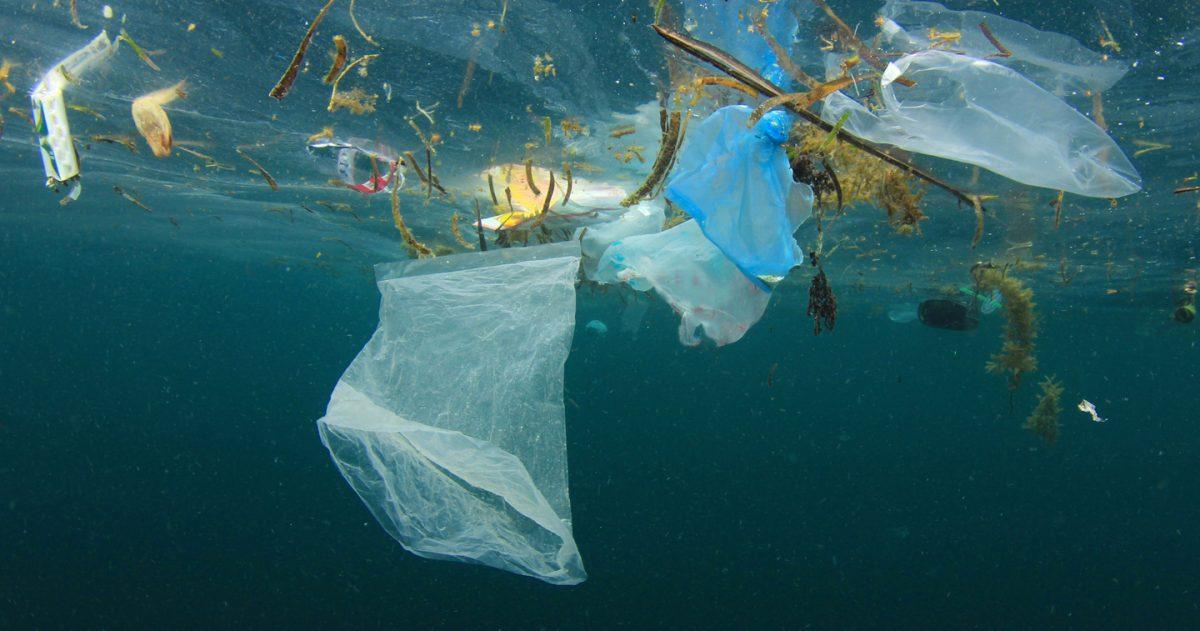MANILA, PHILIPPINES — The lifetime cost to society, the environment, and the economy of plastics produced in 2019 alone has been revealed at US$3.7 trillion,¹ according to the “Cost of Plastics” report published by the World Wide Fund for Nature (WWF) in September 2021.
“The gigantic cost of plastics on society, environment, and the economy is hard to comprehend even if we imagine it as being nearly 10 times the total GDP of the Philippines in 2019,” Atty. Ina Guingona, WWF-Philippines’ No Plastics in Nature Policy Officer said.
(“Ang mala-higanteng gastos ng plastik sa lipunan, kalikasan, at ekonomiya ay mahirap maintindihan kahit pa isipin ito na parang sampung beses mas malaki sa GDP ng Pilipinas.”)
“Plastic pollution is more than just a littering problem and it has real, tangible, and as the report has shown, quantifiable cost to our society. And for countries like the Philippines, this is not an expense that we can afford to have,” she added.
(“Higit pa na problema sa pagtatapon ang plastic pollution dahil ito ay mga totoo at nasusukat na gastos sa lipunan base sa report. Para sa mga maliliit na bansa tulad ng Pilipinas, ito ay gastos na hindi natin kaya bayaran.”)
The biggest portion of the cost indicated in the report is marine plastic pollution estimated at US$ 3.1 trillion. Greenhouse gas emissions from across the plastic lifecycle amounts to more than US$ 171 billion, while the management of plastic waste costs more than US$ 32 billion, to collect, sort, dispose and recycle the huge quantities of plastic waste generated in 2019.
“Plastic takes hundreds to thousands of years to fully degrade and as it degrades, it breaks down into smaller and smaller particles making it hard to recover and remove plastic from the environment,” the report said.
“Plastic will therefore remain in the environment to incur further costs. It is estimated that the plastic produced in 2019 that becomes marine plastic pollution will incur a cost of US$ 3.1 trillion (+/-US$1 trillion) over its lifetime,” it added.
Unless action is taken, these costs are set to double for the plastics produced in 2040 at US$7.1 trillion², equivalent to 85% of global spending on health in 2018 and greater than the GDP of Germany, Canada, and Australia in 2019 combined.
The report demonstrates that governments and citizens are unknowingly subsiding a plastic system that is imposing countless negative impacts on people and the environment.
The report “Plastics: The cost to society, environment, and the economy” highlights how fragmented regulatory approaches, misplaced incentives, as well as lack of coordinated technical resources, financial support, and consistent data on plastic leakage, are currently costing us the Earth.
Failure to understand and remediate the real costs of plastic will cost even more in the future, as under a business as usual scenario it is estimated that by 2040 there will be a doubling of plastic production and a tripling of plastic pollution entering the ocean to 29 million tonnes, increasing the total stock of plastic in the ocean to 600 million tonnes.
To address this crisis on a systemic level and reduce the cost that plastic imposes on society, WWF is calling on governments to start the negotiation of a legally binding global treaty on marine plastic pollution at the fifth session of the UN Environment Assembly in February 2022.
The new figures, released September 6, Monday as discussions take place at the IUCN World Conservation Congress, highlight the importance of a global solution to tackle the plastic pollution crisis in response to escalating concern about a lack of global coordination in plastic action.
The number of governments expressing their strong support for the establishment of a new global agreement to address plastic pollution has reached nearly 120, a majority of the UN Member States, following the first-ever Global Ministerial Meeting on Marine Litter and Plastic Pollution which took place last Sept 1-2, 2021.
More than 20 global financial institutions have already announced their support for a global treaty that aims to address plastic pollution including Achmea Investment Management, Aviva Investors, BMO Global Asset Management, BNP Paribas Asset Management, Fidelity International, and the international business of Federated Hermes.
Rogier Krens, Chief Investment Officer of Achmea Investment Management in the Netherlands said: “We need better global policy to solve the plastic pollution crisis. As signatories of the business manifesto, we want to send a strong signal to global policymakers that adequate regulation is needed to set a global and reliable regulatory level playing field. This is crucial to enable leading industries to develop and market alternatives to fossil fuel based plastics and end plastic pollution.”
The finance organizations join over 50 other businesses that have endorsed the call for a global treaty on marine plastic pollution and more than two million people have signed a petition adding to the increasing chorus of concern about the spiraling plastic pollution crisis causing environmental and societal harm.
Marco Lambertini, Director General of WWF International said: “This is the first time we have seen such a clear assessment of some of the unaccounted costs being imposed by plastic pollution on society and they are a burden that is too high to bear – both for people and the environment.”
“Tragically, the plastic pollution crisis is showing no signs of slowing down, but the commitment to tackle it has reached an unprecedented level. We need a UN treaty on plastic pollution that unites governments, companies, and consumers around clear targets for reduction, collection, recycling, and sustainable alternatives to stop plastic leakage into the environment by 2030,” he added.
In the Philippines, WWF is calling for the enactment of House Bill 9147 or the Single-use Plastic Products Regulation Act which was passed at the House of Representatives on third reading last July 28, 2021.
The bill includes the Extended Producer Responsibility (EPR) scheme that holds plastic producers accountable for the plastic packaging they put into the market throughout the whole life cycle of the product. You can read more about it here.








